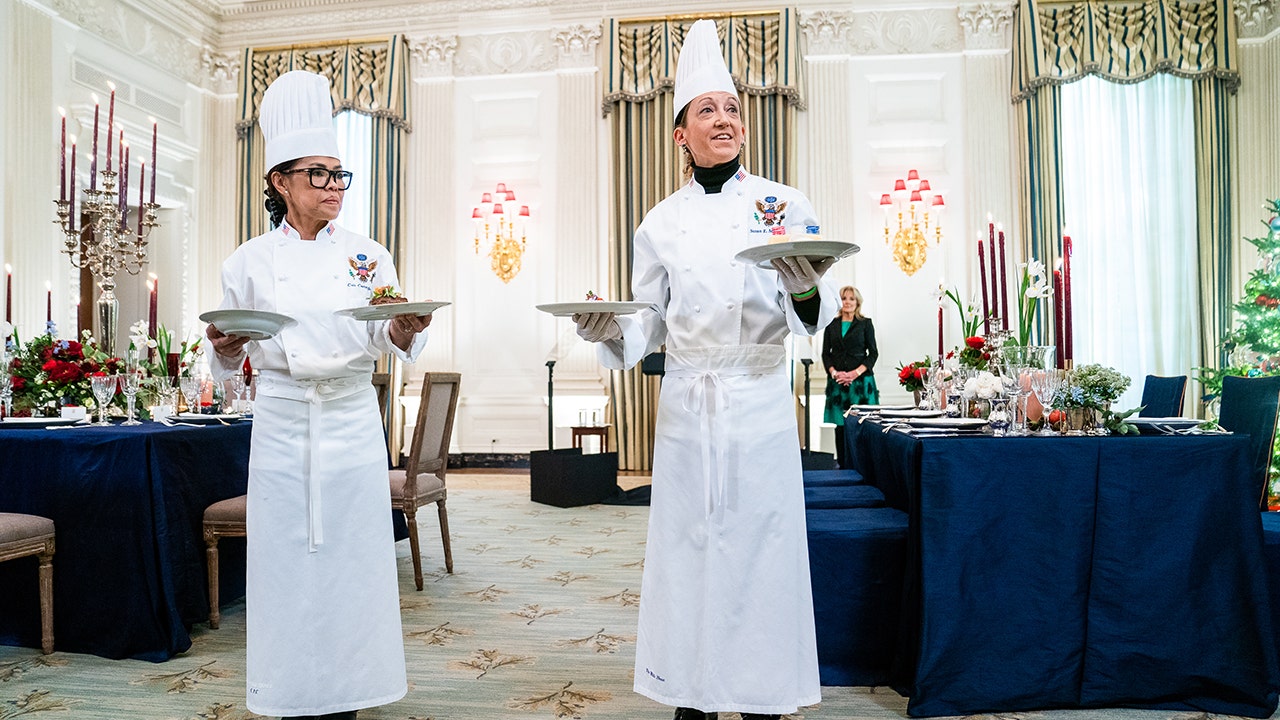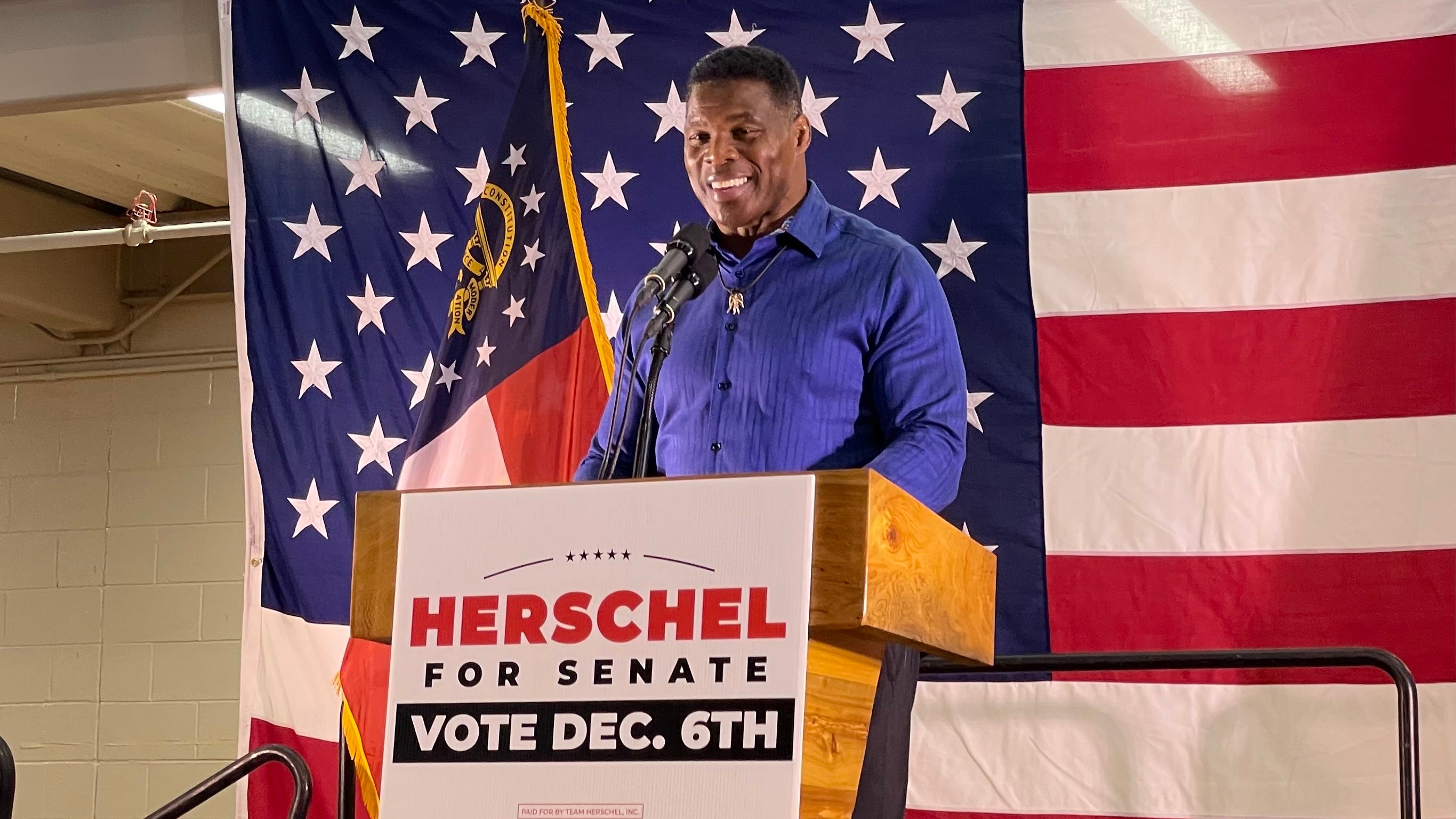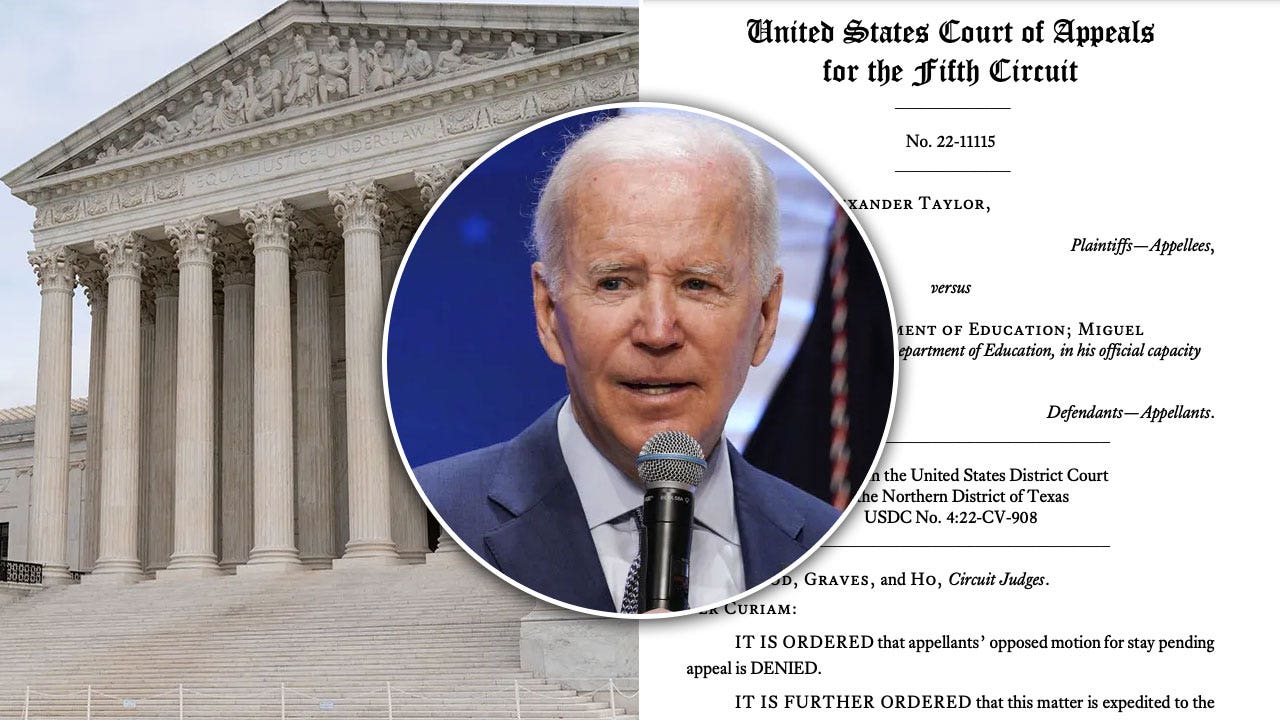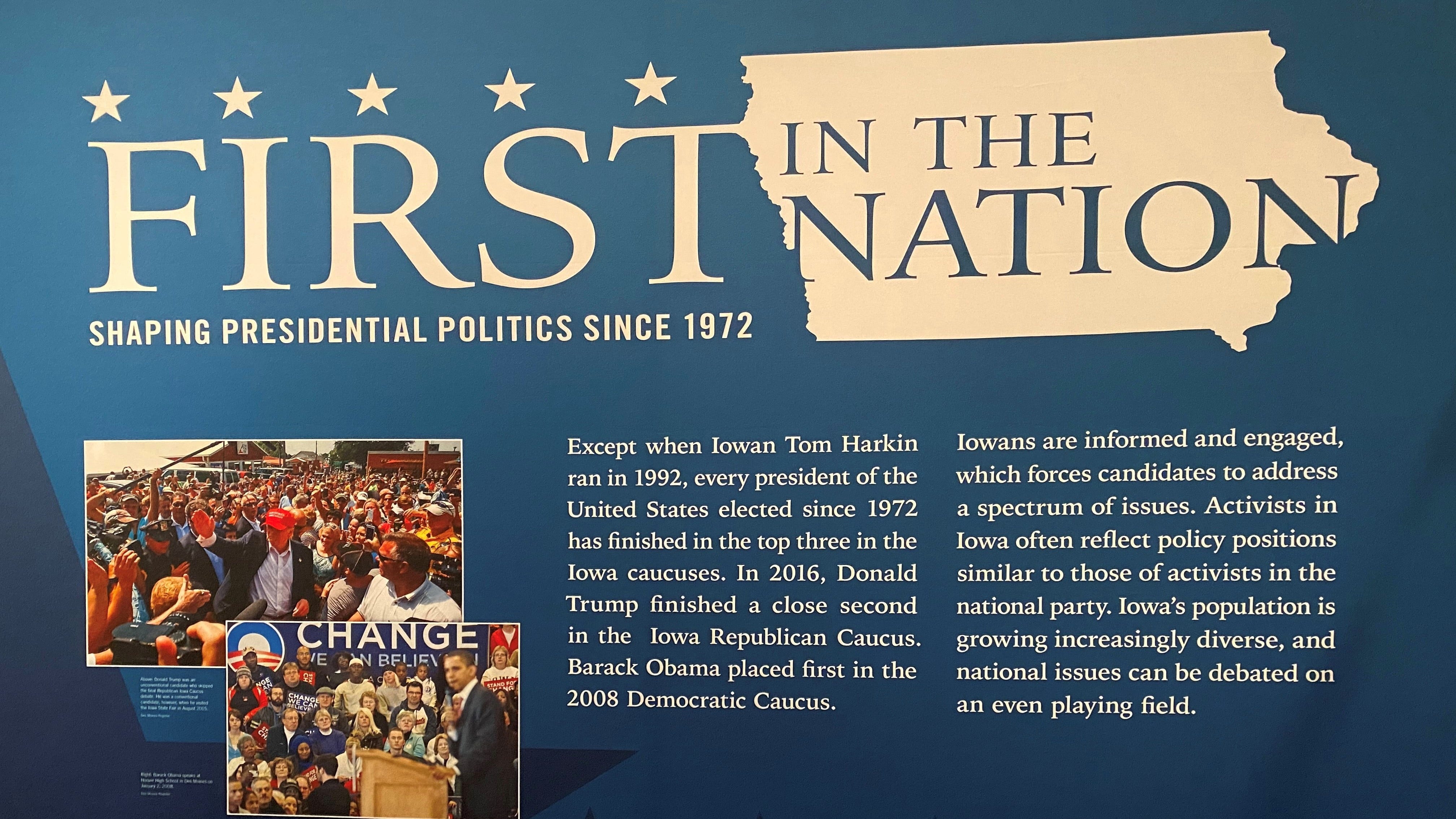The judiciary offered an affectionate tribute to Justice Stephen Breyer on Wednesday, after he participated in his last oral argument on that bench.
The 83-year-old justice is retiring at the end of term in late June or early July, after 28 years on the high court.
Chief Justice John Roberts read a brief statement at the end of the more than two-hour argument session, his voice breaking when talking about his colleague’s memorable presence on the bench.
“This has been his arena for remarks profound and moving, questions challenging and insightful, and hypotheticals downright silly. This sitting alone has brought us radioactive muskrats and John the Tiger Man,” said Roberts, who noted the other justices will later offer their personal thoughts on Breyer’s retirement.
HOUSE DEMS TO LEAD HEARING ON SUPREME COURT ETHICS, AMID CALLS FOR THOMAS TO RESIGN OR BE IMPEACHED
“For now, we leave the courtroom with deep appreciation for the privilege of sharing this bench with him,” said Roberts.
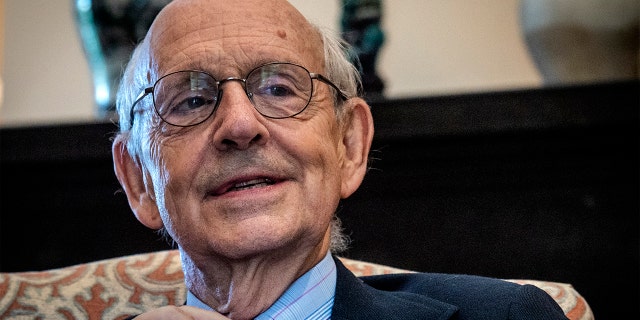
Supreme Court Justice Stephen Breyer during an interview in his office, in Washington, in August 2021.
(Bill O’Leary/The Washington Post via Getty Images)
Breyer said nothing following the chief justice’s remarks, one of the few times he was at a loss for words. He was pretty subdued during the argument, with his wife Joanna in attendance.
SUPREME COURT JUSTICES HEAR ARGUMENTS OVER ‘REMAIN IN MEXICO’ BORDER POLICY
The oldest member of the court will continue to work behind the scenes in his chambers for the next two months, as the court finishes up writing and releasing about 40 written rulings from argued cases. After that, he will formally submit his retirement, and Judge Ketanji Brown Jackson will take the seat as the first Black woman on the Supreme Court. She was once a law clerk for Breyer.
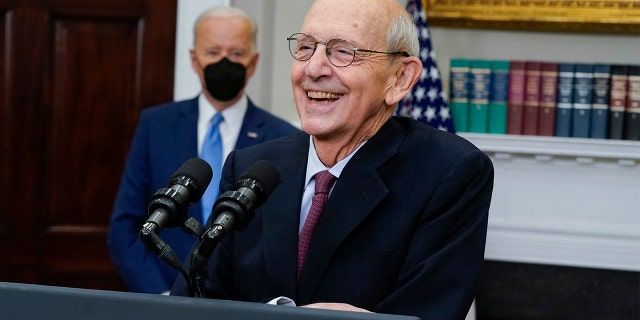
Supreme Court Justice Stephen Breyer announces his retirement at the White House on Jan. 27, 2022.
(AP Photo/Andrew Harnik)
For now the court has not said whether it plans any further public sessions to release opinions from the bench, as has been traditional practice, so Wednesday may have been Breyer’s last robed appearance in the courtroom as an official member of the high court. The pandemic has kept the general public from attending sessions in the courtroom, and all rulings this term have been released online only.
Justice Clarence Thomas could be heard chuckling audibly when Roberts mentioned Breyer’s reputation for offering colorful hypothetical questions form the bench during oral arguments, his way of probing the legal and constitutional issues in the cases before him.
SUPREME COURT REJECTS MOVE TO BLOCK RACE-BASED ADMISSIONS POLICY AT TOP-RATED VIRGINIA HIGH SCHOOL
That creative, quirky style was on display Tuesday, when Breyer’s hypothetical in a criminal case involved the fictitious inmate John the Tiger Man, “who is the most dangerous prisoner they have ever discovered.”
Members of the high court use their oral arguments – public sessions in the courtroom – to pose questions to lawyers making their case. They often take the form of hypotheticals, “to patrol the boundaries” of the law, as Breyer once told us. “An odd example can call particular attention to the point you want to explore when interpreting statutes.”
His examples often involved the strange, slightly scary variety: mice in a Coca-Cola bottle, pet oysters, raccoons chewing garage door sensors, and the kindly “Pussycat Burglar” (“he’s never harmed a soul,” said the justice of his fictional example).
CLICK HERE TO GET THE FOX NEWS APP
Then there was a 2004 case involving the federal government’s health and societal interest in banning people growing marijuana plants in their backyard. Breyer wondered about other illegal or dangerous items. “You know, he grows heroin, cocaine, tomatoes that are going to have genomes in them that could, at some point, lead to tomato children that will eventually affect Boston.” Tomato children?
Thomas and Breyer are close colleagues, despite their ideological differences. The two used to sit next to each on the bench and could often be seen chatting quietly during oral arguments, sometimes laughing at some secret joke.
 Iktodaypk Latest international news, sport and comment
Iktodaypk Latest international news, sport and comment

